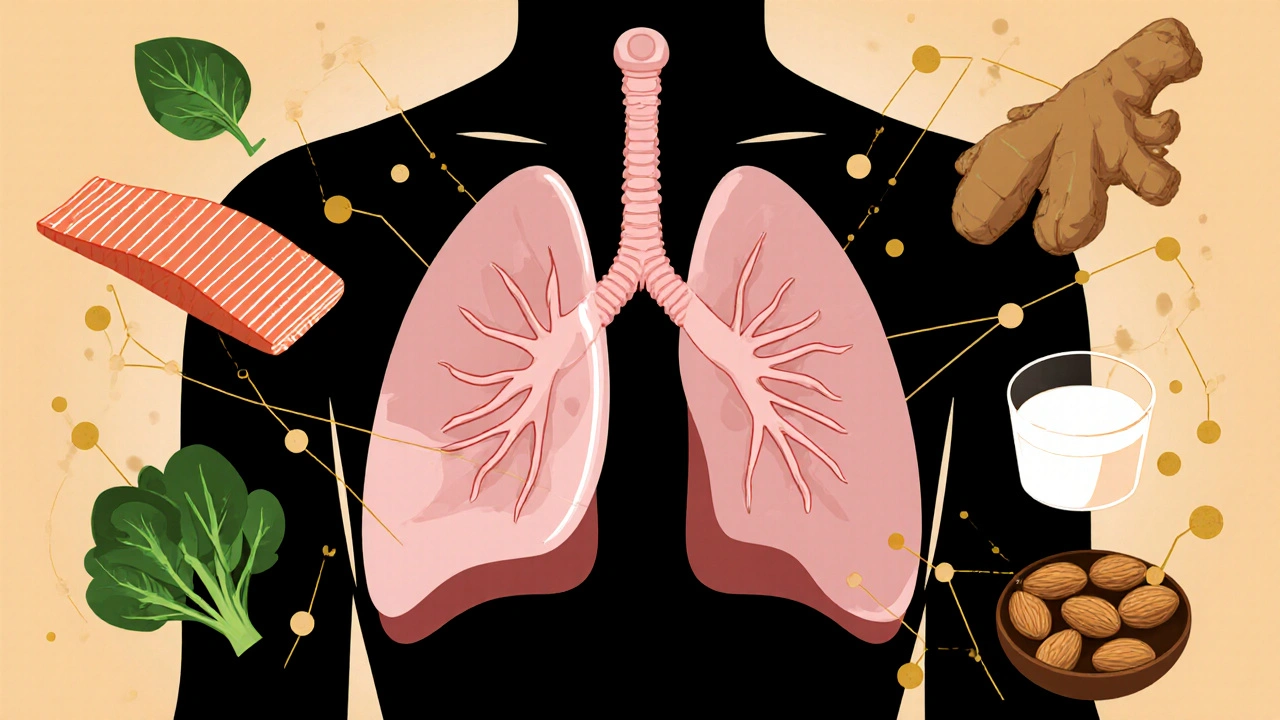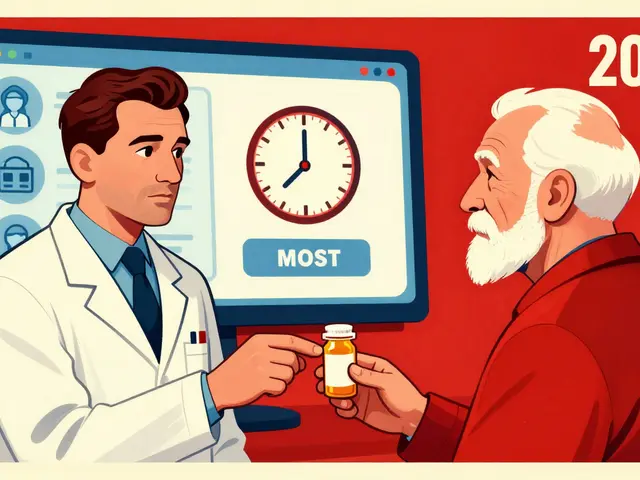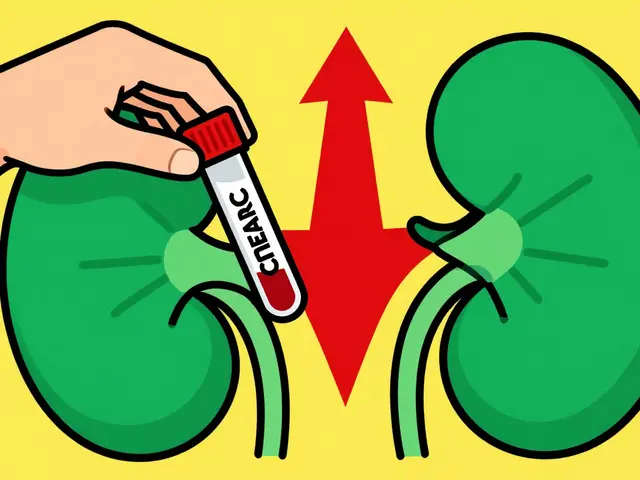IPF Dietary Tips: What to Eat and Avoid for Better Lung Health
When you're living with idiopathic pulmonary fibrosis, a chronic lung disease that causes scarring of lung tissue, making it harder to breathe. It’s not just about medications — what you eat directly affects your energy, breathing, and how your body handles inflammation. There’s no cure for IPF, but good nutrition can help you feel stronger, fight infections better, and reduce the strain on your lungs every day.
Many people with IPF struggle with weight loss, fatigue, and shortness of breath during meals. That’s why your diet needs to be smart — not just healthy. You need calorie-dense, easy-to-eat foods that don’t make breathing harder. Foods high in antioxidants, compounds that fight oxidative stress linked to lung scarring — like berries, spinach, and nuts — help slow damage. Omega-3 fatty acids, found in fatty fish, flaxseeds, and walnuts reduce inflammation, which is key when your lungs are already under stress. On the flip side, salty foods, processed snacks, and sugary drinks can cause fluid retention and make breathing even tougher. Avoiding them isn’t optional — it’s part of your daily care plan.
Hydration matters too. Too little water thickens mucus, making it harder to clear your airways. But too much fluid can overload your heart and lungs, especially if you’re on diuretics. The sweet spot? Sip water steadily through the day, not in big gulps. Eating smaller, more frequent meals helps too — large meals push up on your diaphragm, squeezing your lungs. And if swallowing feels hard, try soft foods like mashed sweet potatoes, scrambled eggs, or smoothies with protein powder. These aren’t just tips — they’re tools that help you keep doing the things you love without running out of breath.
What you’ll find below are real, practical guides from people who’ve lived this. From meal plans that work with low energy to supplements that actually help (and the ones that don’t), these posts cut through the noise. You won’t find vague advice like "eat more vegetables." You’ll find exactly what to put on your plate, what to skip, and why it makes a difference — backed by what works in daily life with IPF.






